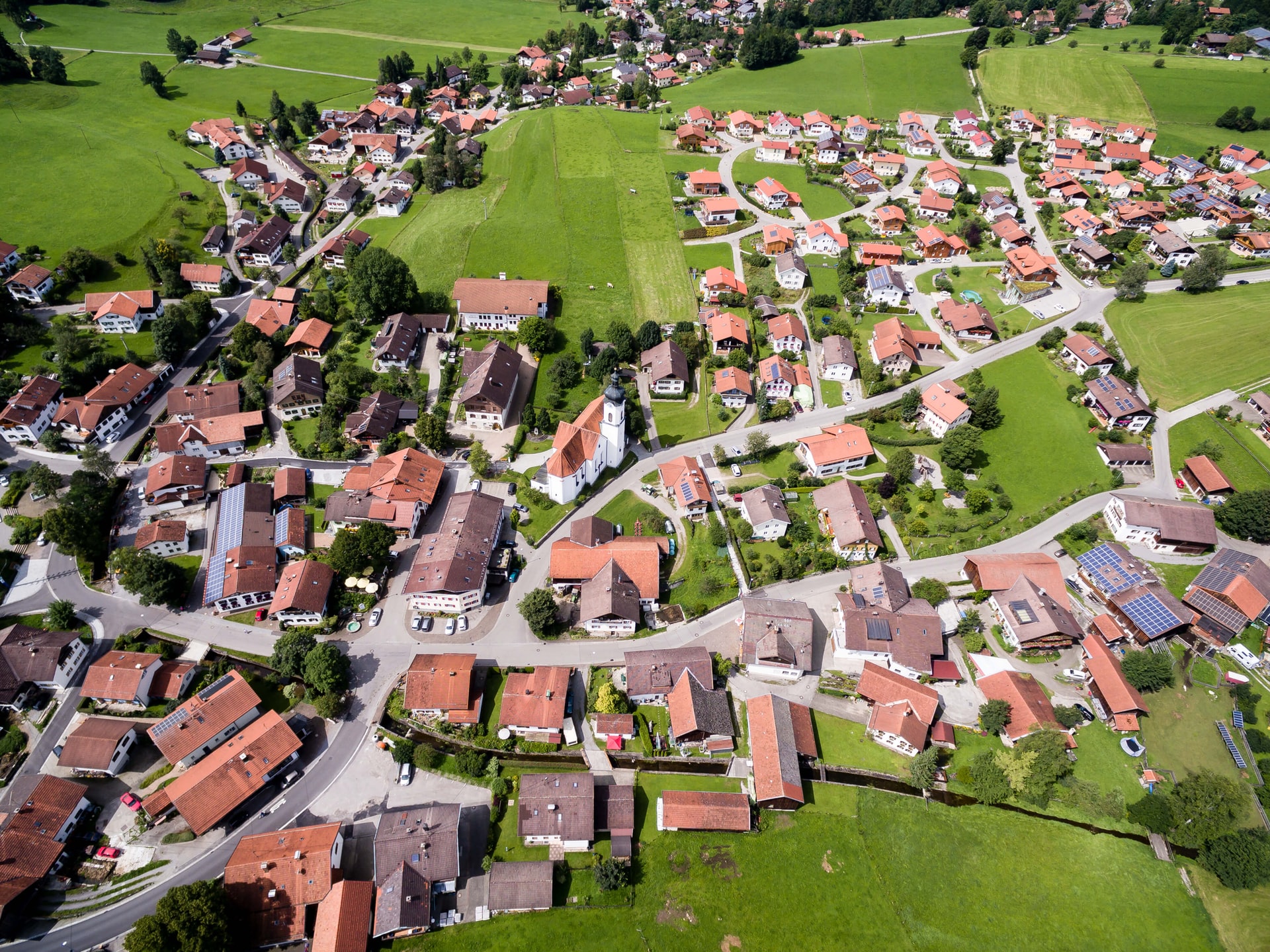More than 50 years after a federal law fueled the destruction of Linnentown, Georgia, a neighborhood that was once a prosperous community for Black families, former residents of the town are now seeking justice for the properties they lost. According to NBC News, the thriving neighborhood was full of Black plumbers, electricians, construction workers, beauticians and many more skilled workers before it was destroyed in the 1960s to make way for the University of Georgia.
The Housing Act of 1949, a federal urban renewal program, allowed the destruction of the town. After passing the law, the government disrupted the lives of Black families throughout the country, displacing them from their homes and building public housing or private commercial properties in their place.
According to The Red & Black, Title One of the Federal Housing Act of 1949 designated specific areas as “slums,” subjecting them to removal by the city for private developers to then build new housing.
Fifty families were displaced in Linnentown after the University System of Georgia acquired an urban renewal contract with the city to “clear out the total slum area which now exists off Baxter Street.” While the university built dorms and parking lots, residents of Linnentown were given as little as $1,450 for their lost properties.
Hattie Thomas Whitehead, a former Linnentown resident, is now leading a group that is seeking justice. Whitehead said the county is willing to work with the group, but the University of Georgia hasn't shown interest.
“We’ve had some resistance. UGA has not acknowledged us as a team,” Whitehead said. “We asked to put a wall of recognition down where Linnentown was. They would not allow us to put it on their property. They are not at the table with us. I have written letters to President [Jere] Morehead. Initially, they were completely silent, then they replied, but with nothing that would bring them to the table. They have continued to ignore the team.”
The county has vowed to take several actions, including a promise to build a physical “Wall of Recognition” memorial, allocate city funds to local impoverished communities and regulate property acquisition between the county and the university system.
Still, the former residents are seeking more for the properties they lost.
“We want money,” Bobby Crook, one of the group members, told The Atlanta Journal-Constitution. “As a child growing up, Linnentown was always a social place. I remember coming home from school and everybody was crying and carrying on about UGA taking our house.”
Whitehead also remembers the tragedy vividly.
“I was about 14 years old when everything happened,” she said. “I didn’t understand, nor did the adults understand. Nobody understood because there were no meetings with the community to inform the community of what was going on. It caused a lot of anguish. It caused a lot of hurt and disappointment.”
